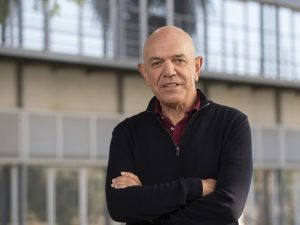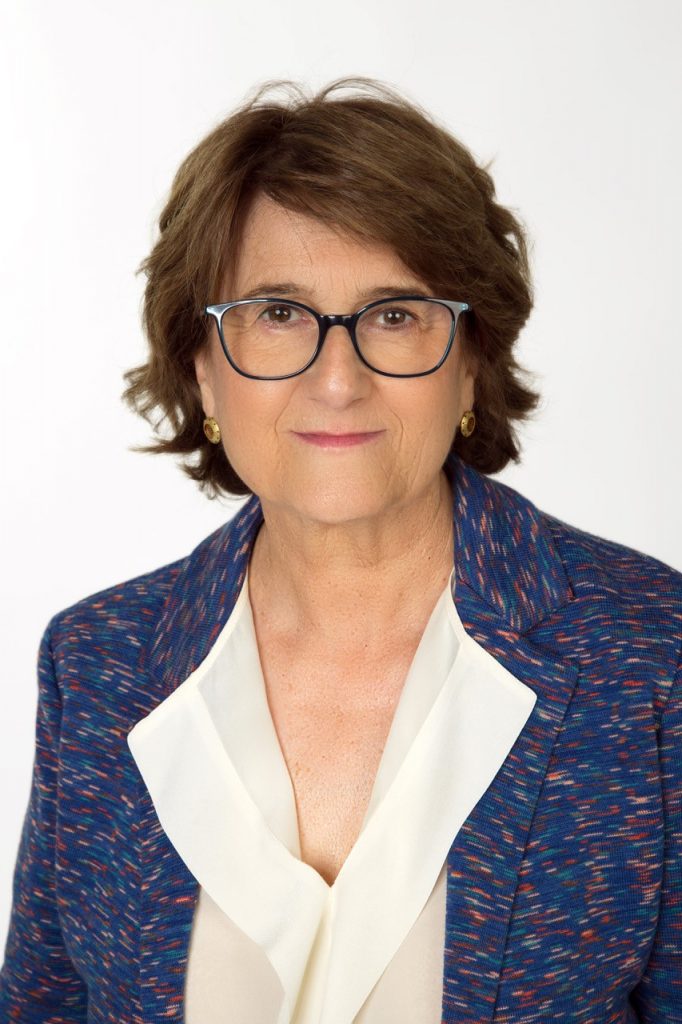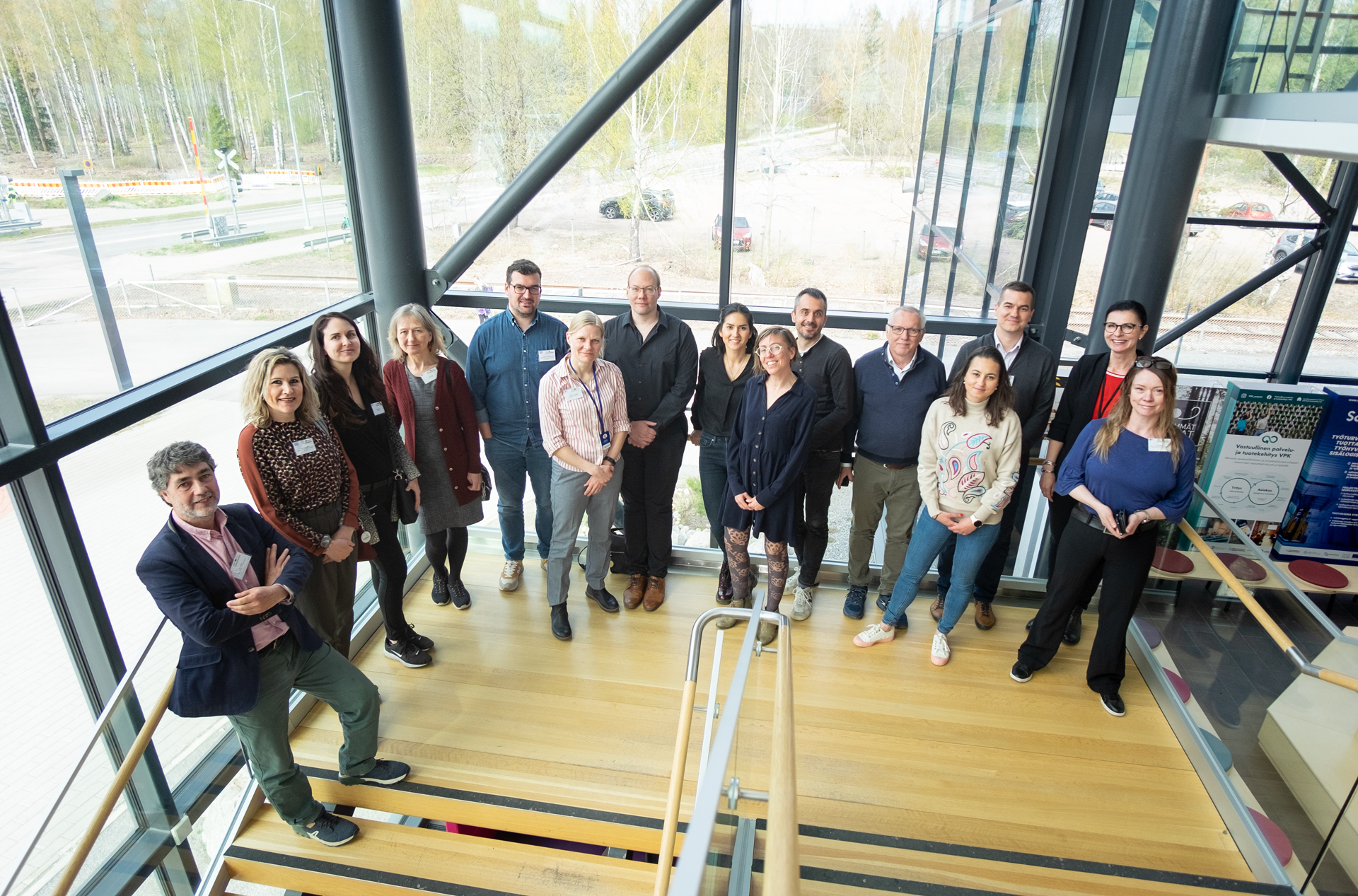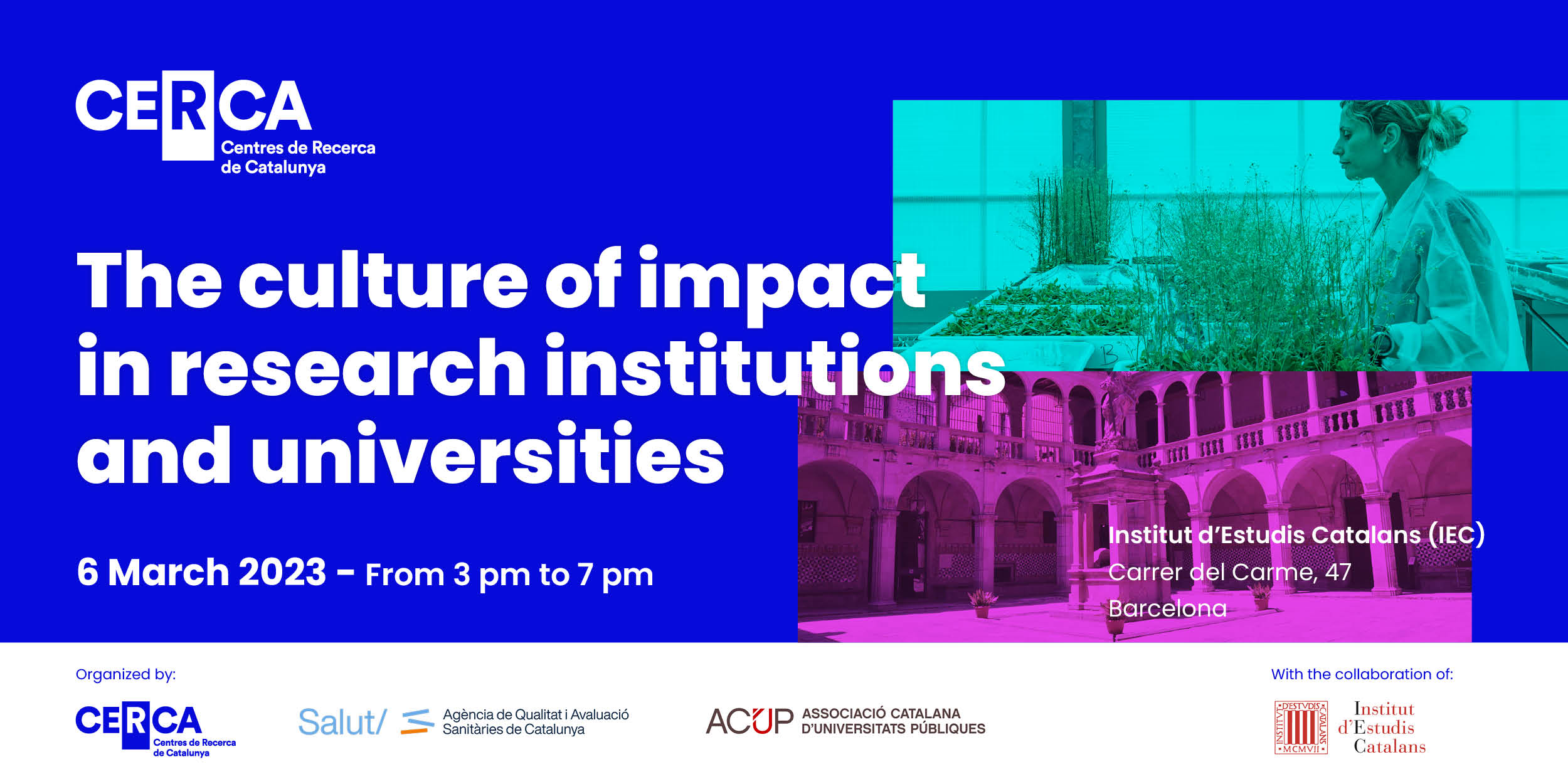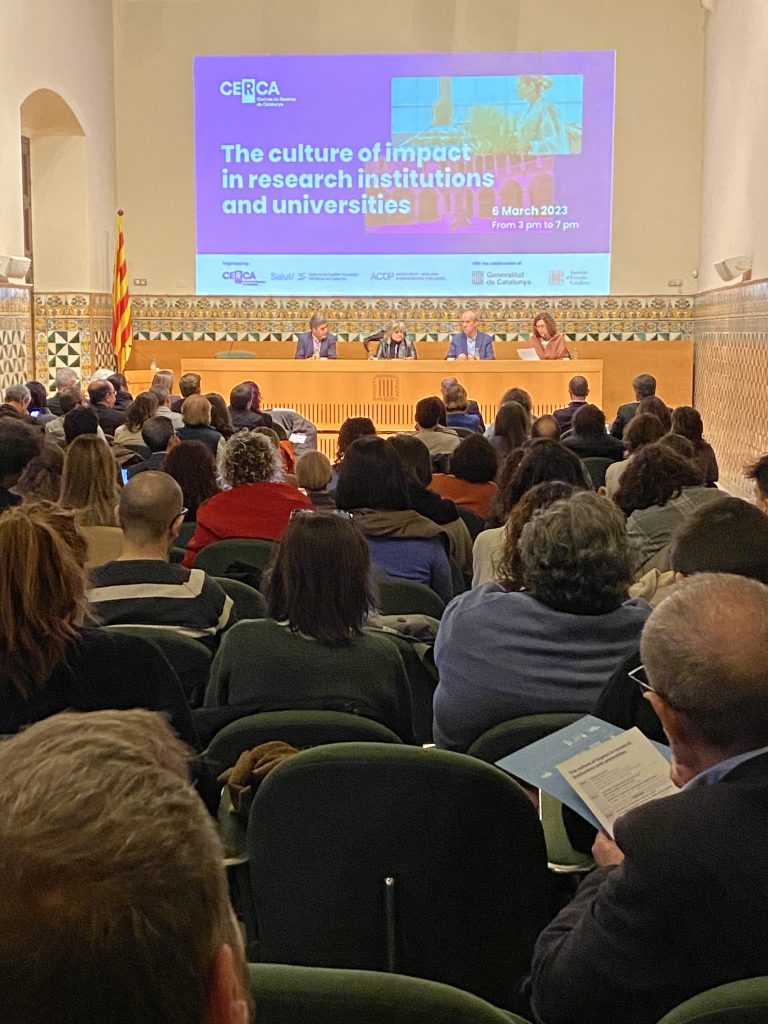- His groundbreaking research and successful translation of academic concepts into industrial applications have fuelled considerable progress in the domain of material science.
Renowned chemist ICREA Prof. Daniel Maspoch Comamala, Group Leader of the ICN2-CERCA Supramolecular NanoChemistry and Materials Group, has been distinguished with the New Technologies Rei Jaume I award at the illustrious Rei Jaume I Awards ceremony. The judging panel of the Rei Jaume I Awards selected the winners in six distinct categories this morning.
In addition to the Prof. Maspoch’s recognition to his remarkable contributions to the sphere of new technologies, six other scientific profiles have been awarded in different categories: Antonio Echavarren Pablos (Basic Research); Olympia Bover Hidiroglu (Economics); Guillermina López-Bendito (Medical Research); Carlota Escutia Dotti (Environmental Protection) and Alfonso Jiménez Rodríguez-Vila (Entrepreneurship award).
ICREA Prof. Daniel Maspoch has garnered widespread acclaim across academia, industry, and society for his research impact. His endeavours in the synthesis of reticular materials, comprising metal-organic frameworks (MOFs), covalent-organic frameworks (COFs), and metal-organic polyhedra (MOPs), have instigated a paradigm shift in the domain of material science.
Alongside his work on microscopic ‘spongy’ materials, Prof. Maspoch’s Group has also created new systems to selectively deliver medicines. His team, collaborating with hospitals and research institutes, has made promising strides in developing ways to treat diseases like diabetes and multiple sclerosis. This has led to him co-founding Ahead Therapeutics in 2017, a company that’s currently working on several new treatments for autoimmune diseases.
